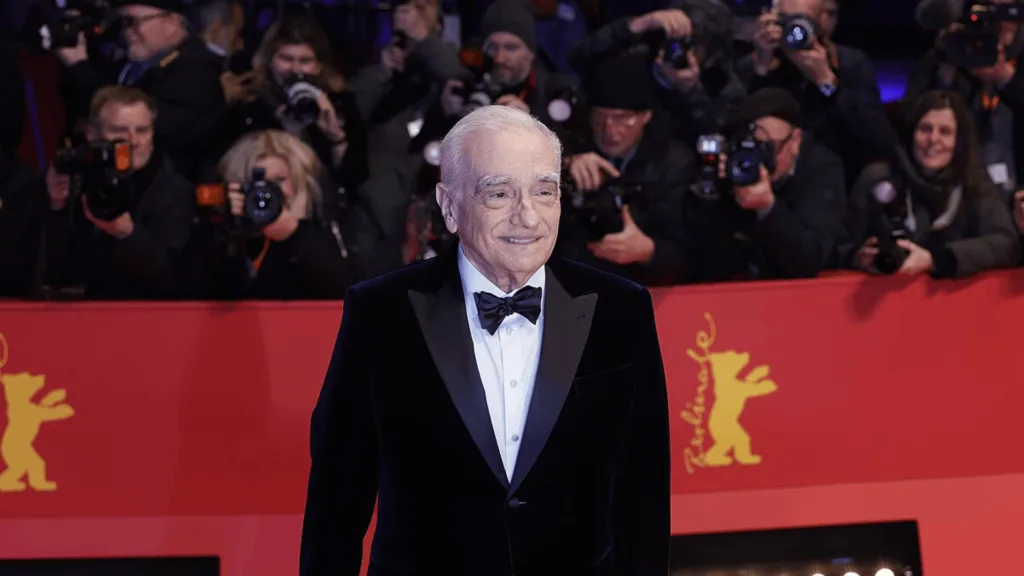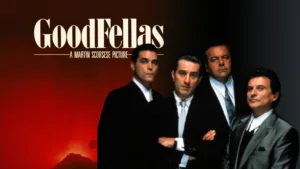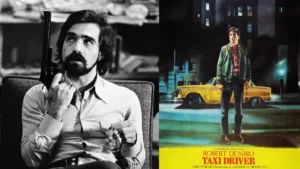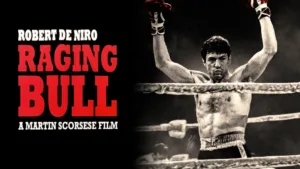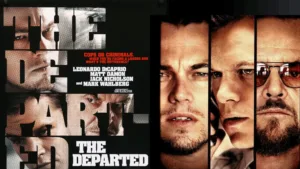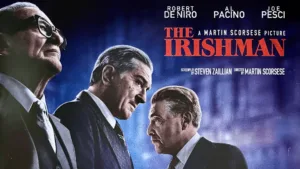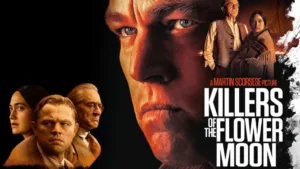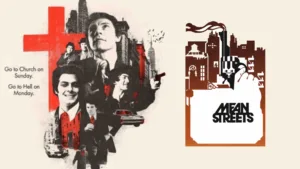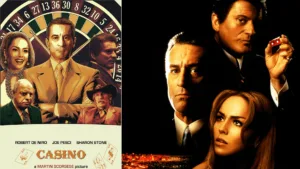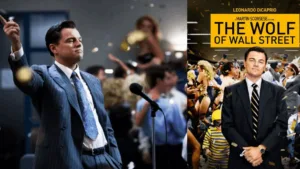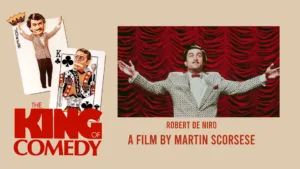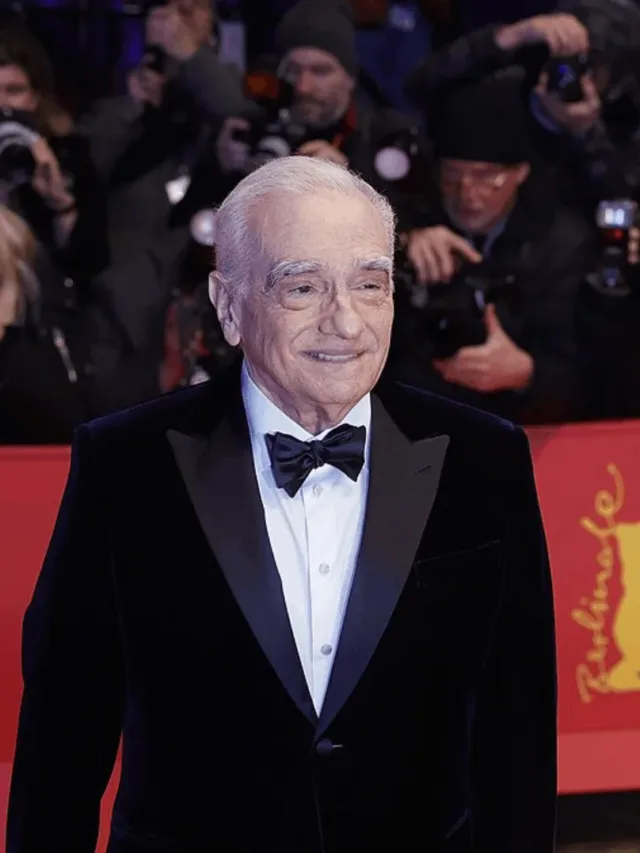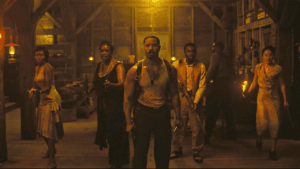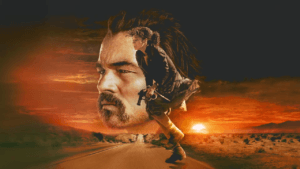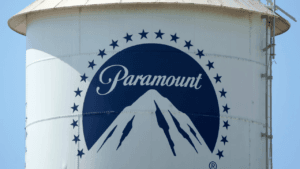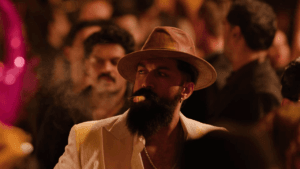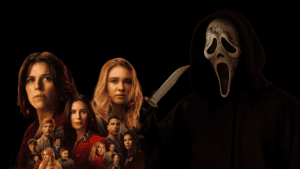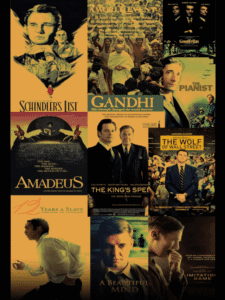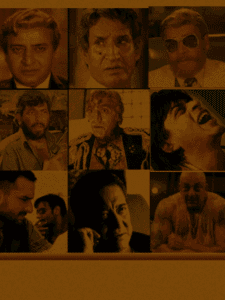From Goodfellas to Killers of the Flower Moon Martin Scorsese’s cinematic journey is nothing short of legendary, with each of his films pushing the boundaries of storytelling, character development, and visual artistry. As a director, Scorsese has crafted a diverse array of films, from gritty crime dramas to introspective historical epics, each leaving an indelible mark on the film industry. Here’s a closer look at his top 10 films, ranked based on critical acclaim, audience reception, and their lasting influence on cinema.
- Goodfellas (1990)

Often hailed as the definitive gangster film, Goodfellas is a breathtaking exploration of mobster Henry Hill’s (Ray Liotta) rise and fall in the world of organized crime. The film’s impeccable pacing, unforgettable performances (notably from Joe Pesci and Robert De Niro), and Scorsese’s innovative use of music and narration have made it a benchmark in cinematic storytelling. Goodfellas is not only a quintessential mob movie but also a deep dive into the complexities of loyalty, betrayal, and ambition, making it Scorsese’s most celebrated film.
Why It’s Ranked No. 1: Its influence on the crime genre is immeasurable, and it continues to inspire filmmakers and audiences alike.
- Taxi Driver (1976)

A haunting portrait of urban alienation, Taxi Driver follows Travis Bickle (Robert De Niro), a mentally unstable war veteran turned New York City taxi driver, whose descent into violent vigilante justice reflects the dark undercurrents of the American psyche. With its iconic imagery (who could forget De Niro’s “You talkin’ to me?” moment?), Taxi Driver still remains a formidable social observations on loneliness, morality.
Why It’s Ranked No. 2: Its cultural impact is undeniable, and it set a new standard for psychological thrillers.
- Raging Bull (1980)

Raging Bull is a visceral exploration of boxer Jake LaMotta’s (Robert De Niro) self-destructive tendencies both inside and outside the ring. Scorsese’s meticulous direction, coupled with De Niro’s powerhouse performance, delivers an unflinching look at jealousy, rage, and the cost of greatness. The film’s stunning cinematography and innovative use of black-and-white filmmaking make it an enduring masterpiece.
Why It’s Ranked No. 3: The film is often regarded as one of the greatest ever made, offering a deep psychological portrait that transcends the sports genre.
- The Departed (2006)

A taut, gripping crime thriller set in Boston, The Departed follows an undercover cop and a mole in the police force as they attempt to outwit each other while infiltrating an Irish gang. With a stellar ensemble cast—including Leonardo DiCaprio, Matt Damon, and Jack Nicholson—The Departed is a masterclass in suspense, filled with twists and turns that keep viewers on the edge of their seats.
Why It’s Ranked No. 4: It marked Scorsese’s long-overdue Oscar win for Best Director and remains a high point in his exploration of crime and morality.
- The Irishman (2019)

A decades-spanning epic about the life of Frank Sheeran (Robert De Niro), a World War II veteran turned hitman for the Mafia, The Irishman is a contemplative look at the passage of time, loyalty, and regret. While it might be slower-paced than some of his earlier films, Scorsese’s patient storytelling and the film’s introspective tone elevate it into a somber meditation on the costs of a life in crime.
Why It’s Ranked No. 5: Its reflective nature adds depth to Scorsese’s mob film legacy, making it a fitting conclusion to his long career in the genre.
- Killers of the Flower Moon (2023)

Scorsese’s latest masterpiece, Killers of the Flower Moon, is a historical drama about the Osage Nation murders in 1920s Oklahoma, where wealthy Native Americans were systematically killed for their oil wealth. The film’s exploration of systemic racism and the FBI’s investigation offers a stark look at American history’s darkest moments.
Why It’s Ranked No. 6: It is a thought-provoking and timely narrative that cements Scorsese’s ability to tackle complex historical topics with sensitivity and depth.
- Mean Streets (1973)

Scorsese’s breakout feature, Mean Streets, introduces the director’s signature style—raw, gritty realism, and complex characters. Set in New York’s Little Italy, the film follows Charlie (Harvey Keitel) and his troubled friend Johnny Boy (Robert De Niro), as they navigate their lives in the world of crime. The film is an early exploration of Scorsese’s themes of guilt, redemption, and loyalty.
Why It’s Ranked No. 7: While it lacks the polished execution of his later works, Mean Streets is foundational to understanding Scorsese’s artistic evolution.
- Casino (1995)

Set in the world of Las Vegas casinos, Casino explores the rise and fall of a casino executive (Robert De Niro) and his enforcer (Joe Pesci), who struggle for control of the empire while dealing with betrayal, greed, and deception. The film’s opulent visuals, intricate narrative, and exploration of power dynamics make it a fascinating look at the intersection of organized crime and the world of high-stakes gambling.
Why It’s Ranked No. 8: While similar to Goodfellas, Casino offers a more refined and polished version of the crime genre, though it lacks the emotional depth of its predecessor.
- The Wolf of Wall Street (2013)

A satirical black comedy based on the life of stockbroker Jordan Belfort (Leonardo DiCaprio), The Wolf of Wall Street is a whirlwind of excess, greed, and corruption. With its rapid-fire pacing, outlandish humor, and blistering critique of corporate culture, the film is both exhilarating and deeply cynical.
Why It’s Ranked No. 9: While it showcases Scorsese’s trademark energy and boldness, its critique of capitalism feels more biting than profound, placing it slightly lower on the list.
- The King of Comedy (1982)

A dark comedy about Rupert Pupkin (Robert De Niro), an aspiring comedian obsessed with late-night talk show host Jerry Langford (Jerry Lewis), The King of Comedy offers a biting critique of fame, obsession, and the lengths to which one will go to achieve success. The film’s razor-sharp wit and its chilling portrayal of celebrity culture remain relevant decades later.
Why It’s Ranked No. 10: Despite being a deeply original and insightful film, The King of Comedy’s humor and dark tone may not resonate with all audiences, which is why it occupies the bottom of the list.
Martin Scorsese’s body of work is a testament to his unparalleled mastery of the cinematic form. Each of his top films represents a different facet of human nature, from the rawness of ambition and greed to the complexities of loyalty, regret, and moral decay. Whether exploring the criminal underworld, tackling historical injustices, or delving into the psyche of his characters, Scorsese’s films continue to captivate audiences and inspire filmmakers around the world. This ranking reflects not only the critical acclaim these films have received but also their enduring influence on the art of filmmaking.


